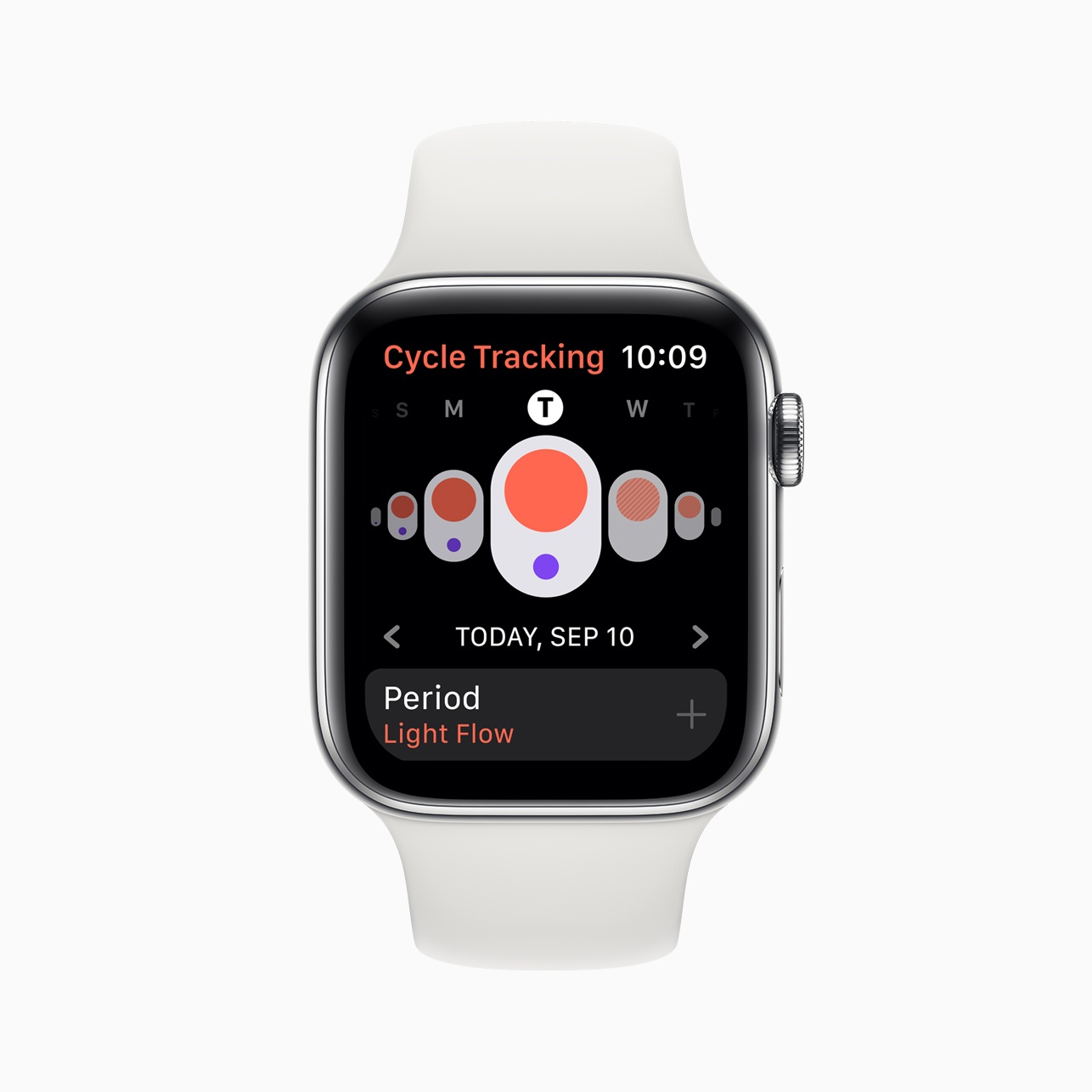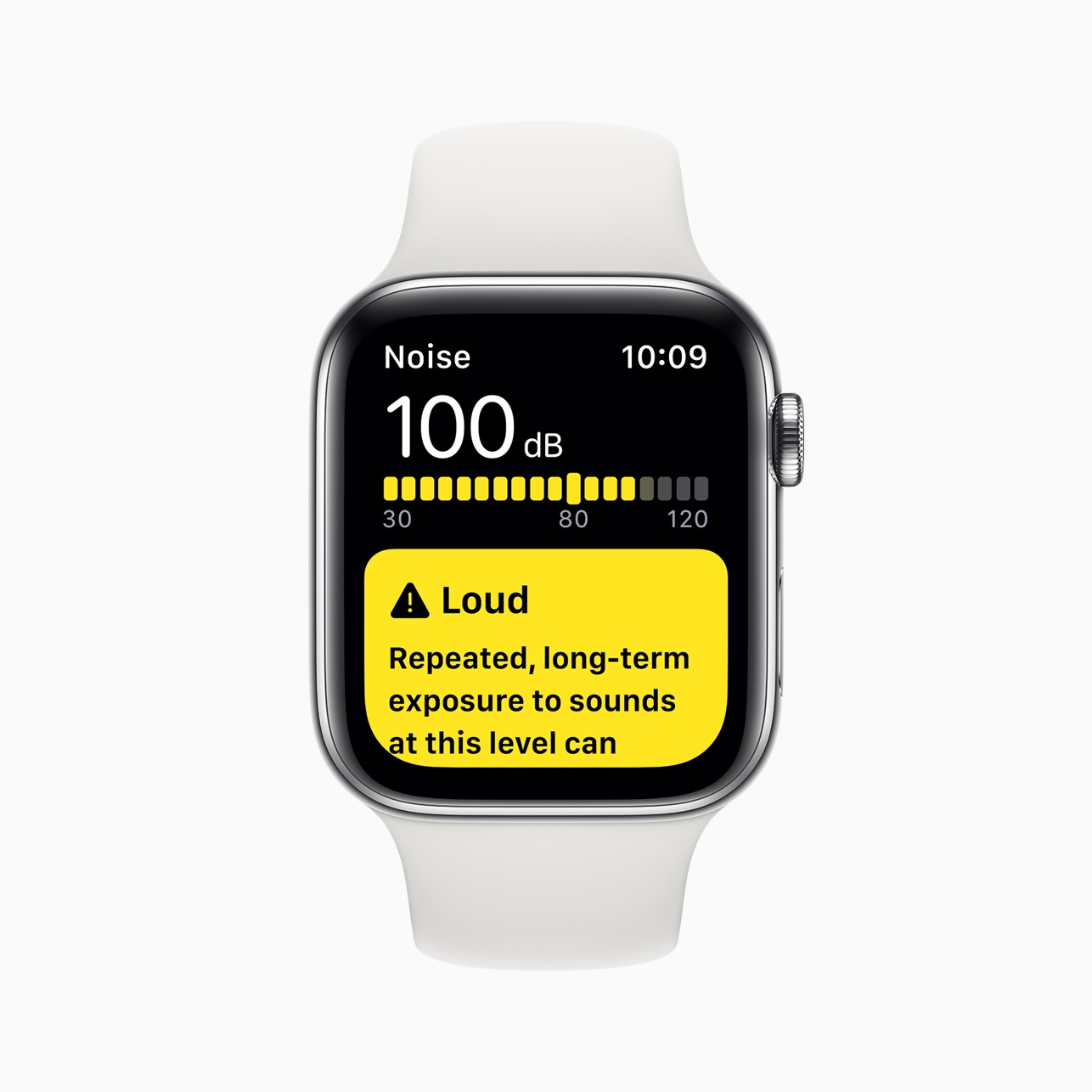
In collaboration with medical institutions, Apple announces three new medical studies on the Research app that will examine hearing, women’s mobility, and heart health.
Participants will contribute to potential medical discoveries and help create the next generation of innovative health products.
The Research app will be available as a free download in the App Store later this year.
Apple today announced three medical studies, in partnership with leading academic and research institutions, that will reach more participants than has ever been possible. The studies will be available on the new Research app, which democratizes how medical research is conducted by bringing together academic medical institutions, healthcare organizations and the Apple products customers already make a part of their everyday life. Participants will contribute to potential medical discoveries and help create the next generation of innovative health products. The Research app will be available as a free download in the App Store later this year.
3 Apple Medical Studies Overview
Here is a look at the new medical studies coming to the Research app later this fall:
1. Apple Women’s Health Study

In partnership with Harvard T.H. Chan School of Public Health and the NIH’s National Institute of Environmental Health Sciences (NIEHS), Apple has created the first long-term study of this scale focused on menstrual cycles and gynecological conditions. This study will inform screening and risk assessment of conditions like polycystic ovary syndrome (PCOS), infertility, osteoporosis, pregnancy, and the menopausal transition.
“Women make up half of the world’s population, yet even today there has been limited investment in studying their unique health needs,” said Michelle A. Williams, a reproductive epidemiologist and dean of the faculty at the Harvard T.H. Chan School. “This study, unprecedented in scope, will greatly advance our understanding of the biological and social determinants of women’s health, and lead to better health outcomes.”
2. Apple Heart and Movement Study

Apple is partnering with Brigham and Women’s Hospital and the American Heart Association on a comprehensive study of how heart rate and mobility signals — like walking pace and flights of stairs climbed — relate to hospitalizations, falls, heart health and quality of life in order to promote healthy movement and improved cardiovascular health.
“At the American Heart Association, we are a relentless force for a world of longer, healthier lives, and we are committed to educating and empowering people to be proactive in all areas of their heart health and general well-being,” said Nancy Brown, CEO of the American Heart Association. “We believe that emerging technology solutions that seek to provide deeper health insights offer great potential in getting us there. We are collaborating with Apple and Brigham and Women’s Hospital on the Apple Heart and Movement Study to explore the correlation between a broad range of physical activities and a person’s overall heart health to ultimately understand risks and interventions to improve health.”
3. Apple Hearing Study

Alongside the University of Michigan, Apple is examining factors that impact hearing health. The Apple Hearing Health Study is the first of its kind to collect data over time in order to understand how everyday sound exposure can impact hearing. The study data will also be shared with the World Health Organization (WHO) as a contribution toward its Make Listening Safe initiative.
“We are excited about this unique opportunity to partner with Apple to determine how everyday activities affect our hearing,” said DuBois Bowman, dean of the University of Michigan School of Public Health. “The information gleaned from this partnership will be critical for us to address the public health impact of various noise exposures on hearing loss in the United States.”
Apple’s support of the medical research community began with the introduction of ResearchKit and CareKit, which expanded the pace and scale at which healthcare could be studied and provided. Apple used ResearchKit to create the Apple Heart Study, which was the largest study of its kind and illustrated the impact virtual, large-scale studies can have on medical research by examining atrial fibrillation to provide validation for the irregular rhythm notification feature on Apple Watch.
